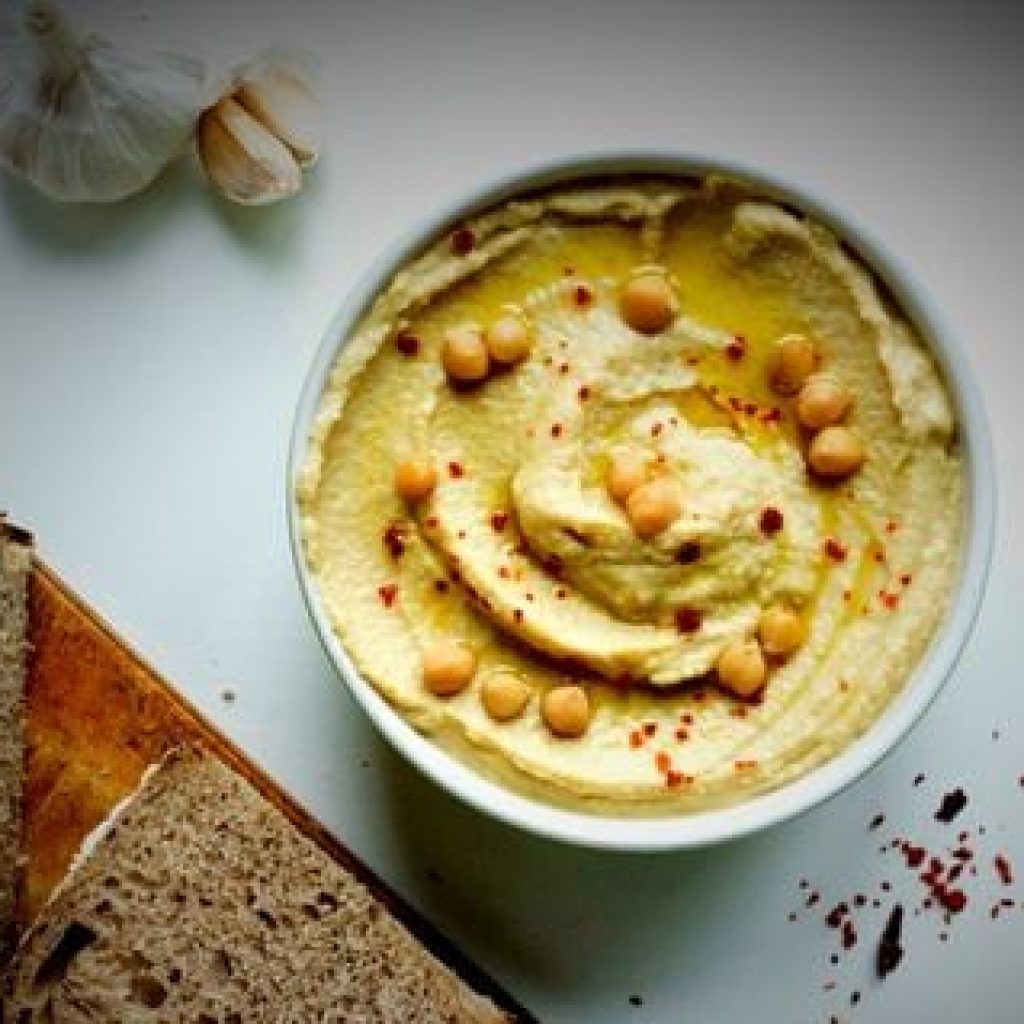Deciphering the economic strategy of Russian President Vladimir Putin is akin to untangling a complex web of power plays, strategic decisions, and political maneuvers. As Russia braces for its presidential election in March, the spotlight intensifies on Putin’s economic blueprint for the nation. Despite the theatrical facade of a competitive election, the outcome is a foregone conclusion, with Putin poised for another term in power. This projection is not a mere speculation but a reflection of the intricate political machinery that Putin has meticulously constructed over his tenure.
Putin’s Political Chessboard: Power and Control
At the core of Putin’s economic strategy lies a deep-seated emphasis on maintaining control. His approach is characterized by a dual strategy of enforcing strict governance while simultaneously fostering nationalistic fervor. The upcoming election is less about political rivalry and more a demonstration of Putin’s unchallenged authority.
The election, in essence, functions as a ritualistic reaffirmation of Putin’s grip on power. Under his rule, Russia has witnessed a unique amalgamation of sycophancy and suppression, where dissent is often met with stern consequences. The case of Alexei Navalny and numerous other dissenters underscores the extent of state control under Putin’s regime.
However, Putin’s economic code is not solely about power; it’s equally about perception. In a country where the state heavily influences media narratives, projecting an image of a strong, stable, and prosperous Russia is paramount. The state-controlled media plays a pivotal role in shaping public opinion, often glorifying Putin’s economic decisions as strategic masterstrokes. This narrative building is a crucial element in Putin’s economic playbook, as it helps consolidate his position both domestically and internationally.
Navigating Economic Turbulence: Sanctions and Survival
In the face of escalating international sanctions, particularly in the aftermath of the Ukraine conflict, Putin’s Russia has displayed a remarkable ability to adapt and endure. The sanctions, aimed at crippling the Russian economy, have instead spurred a series of countermeasures from the Kremlin. Putin’s strategy has been to pivot towards alternative markets and forge new economic alliances, notably with countries in Asia and the Middle East. This shift is not merely a reactive measure but part of a broader strategy to reduce reliance on Western markets and create a more diversified economic landscape.
The resilience of the Russian economy under Putin’s stewardship is also evident in the government’s fiscal policies. Despite the sanctions and the resultant economic strain, the Kremlin has managed to maintain a semblance of financial stability. This stability is partly attributed to Putin’s prudent fiscal management, which has included measures such as fortifying foreign exchange reserves and implementing conservative budgetary policies. These steps have cushioned the Russian economy from the full brunt of the sanctions and have been pivotal in sustaining public support for Putin’s administration.
In essence, Putin’s economic code for Russia is a complex tapestry of control, resilience, and strategic adaptation. As he steers Russia through turbulent geopolitical waters, his economic playbook continues to evolve, reflecting both the challenges and opportunities that lie ahead. The upcoming presidential election, while lacking in genuine competitiveness, will nonetheless be a crucial juncture in Putin’s economic narrative, potentially setting the stage for the next chapter in Russia’s economic journey under his leadership.




